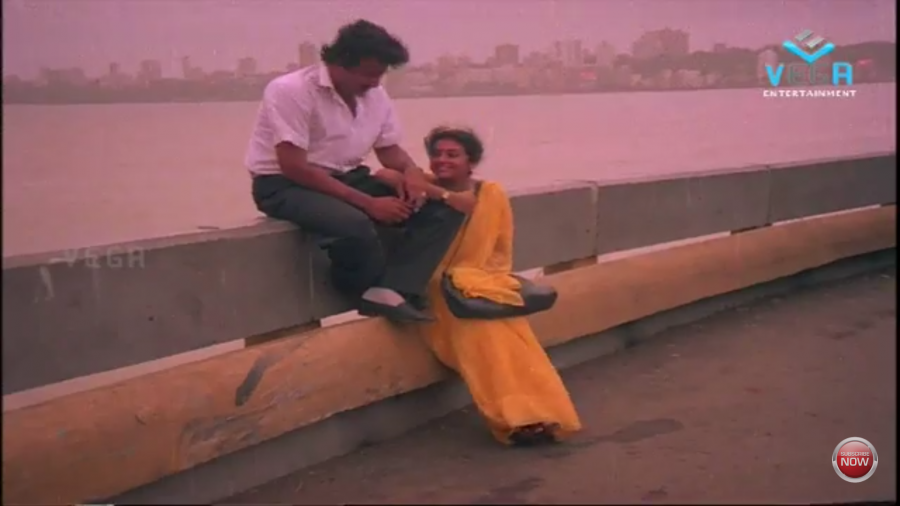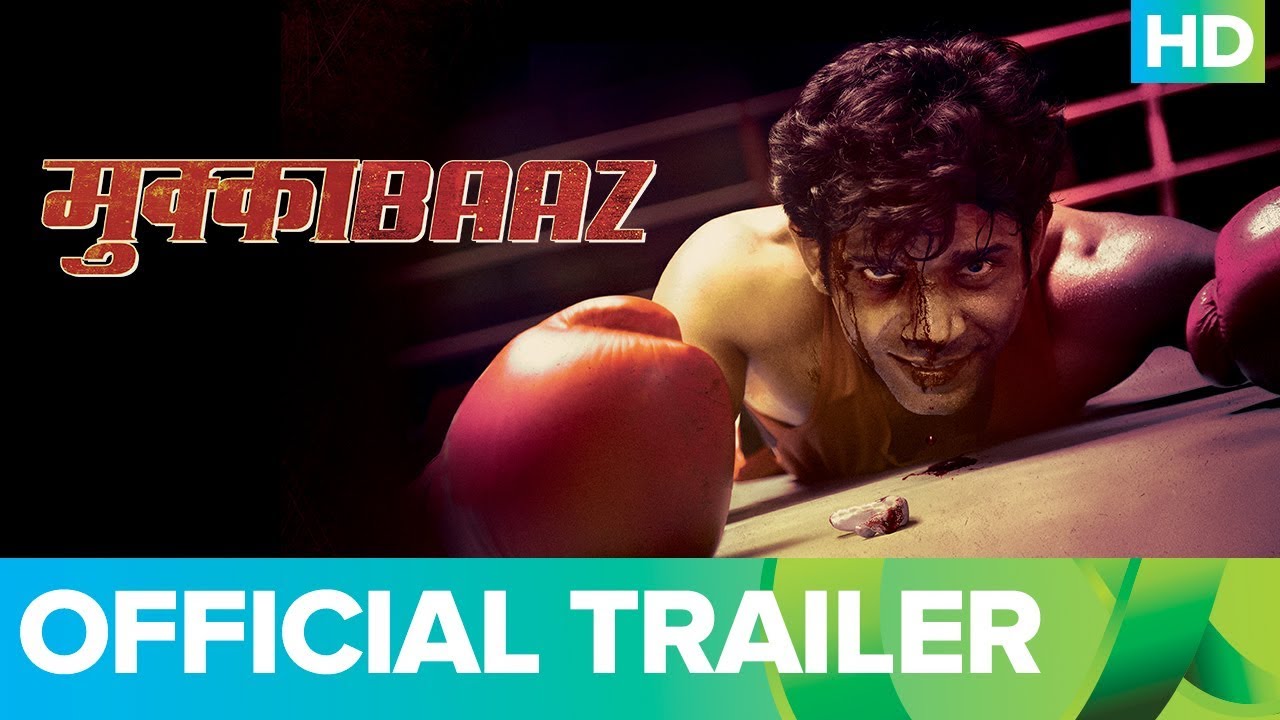While Mumbai represents nostalgia and homecoming for the new age Bollywood, for Malayalam movies, it is the destination that offers freedom and hope
In Jeethu Joseph’s My Boss (2015), Manu Varma (Dileep), a countryman from Alappuzha arrives in Mumbai mahanagari looking for employment. The film, an unofficial (and unabashed) copy of Hollywood’s The Proposal, starts off with a song sequence picturised on Manu embarking on a brand new life – his excitement about being in a city that doesn’t clip individual freedom, unlike the Kerala small-town where he grew up. The euphoria would soon turn into blues as his new boss is a nightmare. Yet, Manu refuses to give up on the city.
My Boss, a mediocre and unofficial remake of the Hollywood blockbuster The Proposal, is no match for cinematographer-filmmaker Rajeev Ravi’s finest film, Annayum Rasoolum, in terms of finesse. But both films use Mumbai as a motif for freedom and life.
44-year-old Rajeev Ravi, after graduating from Film And Television Institute Of India, spent a considerable time of his career in Mumbai, working on some of the modern day Indian classics, such as Gangs Of Wasseypur, Chandni Bar and Dev D. Annayum Rasoolum (2013), his directorial debut, was a love story set in Kochi. The epilogue montage of the film finds Rasool (Fahadh Fazil), post the tragic death of his lover Anna (Andrea Jeremiah), taking refuge in Mumbai. There is no mention of the place, but some signboards placed carefully in the frame, and a shot of Mumbai’s famous local trains, tell us of Rasool’s new home. In Rajeev’s most recent film, Kammattipadam (2015), the anchor of the narrative, Krishnan (Dulquer) leaves the impoverished dark underbelly of Ernakulam city for a better life in Mumbai. It is from there he returns to Kammattipadam when his best friend Ganga calls. In the film, Rajeev almost hints that Mumbai is what Kammattipadam could become in the near future – an extended slum alongside a flourishing metro city.
In Kismath (2016), a film that Rajeev Ravi co-produced and was closely associated with, Anitha (Sruthi Menon), after the death of her lover, Irfan (Shane Nigam), is seen leading a solitary life in Mumbai. She sheds every sign of identity tied to her north Kerala small town, and consciously embraces the cosmopolitanism of Mumbai. Anitha seems far more confident in Mumbai than she was in her home town.
Thondimuthalum Driksakshiyum (2017), a film that coincidentally had Rajeev as a cinematographer, culminates in a shot of one of the protagonists, a thief (Fahadh Fazil) vanishing into the crowded city. For these characters, Mumbai represents comfortable anonymity.
*****
While it was in a studio in Bombay that JC Daniel, father of Malayalam cinema, picked up his first lessons in filmmaking, Malayalam cinema’s plot-related affair with Mumbai dates back to the late 1980s when Priyadarshan made Aaryan (1988) – about a young Brahmin from a Kerala village migrating to Mumbai due to unemployment. Through the tragic tale of his protagonist who ends up in Mumbai’s underworld as a gangster and drug peddler, Priyadarshan mourned the degradation in the state of upper caste Hindus in independent India.
Director Kamal’s Shubhayatra (1990) is a tale steeped in middle-class reality. Starring Jayaram and Parvathy as a new-wed Malayali couple in Mumbai, the film speaks of the space crunch and regionalism in Mumbai. Post-wedding, the man, an accountant in a company run by a Gujarati Seth, continues to live in a dormitory with three other bachelors while his wife stays in a working women’s hostel. They meet every evening at Mumbai’s beaches, making plans to start a family in a rented house in the city.
In Aaryan, Devanarayanan (Mohanlal) is sucked into a web of crimes in Mumbai, and soon, he becomes a part of the city’s infamous underworld as a drug peddler, smuggler and henchman. The film blamed the new sociopolitical atmosphere of Kerala for the sufferings of its lead man. Priyadarshan’s Chandralekha, Abhimanyu and Kakka Kuyil were also set in Mumbai, and all of them had Mohanlal playing the lead role. Abhimanyu is a take on the life of south Indians in Mumbai’s blue-collar area, while Chandralekha and Kakka Kuyil are comedy-dramas about unemployed Malayali men who move to Mumbai for better life prospects. The Juhu beach and the steps of the Asiatic library are the places that frequently appear in his films.
Even in movies that are not shot in Mumbai, there are generous references to the city in dialogues, especially in those mouthed by the male protagonists. For instance, in one of the scenes in Ranjith’s Aaram Thampuran, the protagonist, Jagannathan (Mohanlal) tells his sidekicks and Unnimaya (Manju Warrier) of his heroics and adventures in various cities. “Kid, have you heard of Dharavi? I have evicted the entire slum of Dharavi in a single night,” says Jagannathan to Unnimaya. It’s meant as a threat.
Anwar Rasheed’s Chotta Mumbai is set in an area of Kochi which is known as Chotta Mumbai for its underbelly of crimes. In Rosshan Andrew’s Mumbai Police, the three protagonists, known as Mumbai Police, are infamous for their brazenness.
Recommended
Over the years, many Malayali filmmakers and actors have moved to Mumbai to try their luck in Bollywood. Madhu, who rose to national prominence through Ramu Karyat’s cult classic Chemmeen, debuted through a Hindi film, Saath Hindustani, in which Amitabh Bachchan was one of his co-stars. Saath Hindustani was Bachchan’s debut film, too. Bharat Gopi starred in two Hindi films – Govind Nihalani’s Aaghaat and Mani Kaul’s Satah Se Uthata Aadmi. The two superstars, Mammootty and Mohanlal, acted in films like Dhartiputra and Company respectively, garnering acclaim, yet not quite building a robust career there. Among the younger stars, Prithviraj and Parvathy have had a successful streak in Bollywood, and Dulquer Salmaan just signed his second Bollywood project with Anurag Kashyap. The project, Manmarziya, also features Tapsee Pannu and Vicky Kaushal. Dulquer’s first Hindi project, Karwaan, is in the post-production stage.
*****



